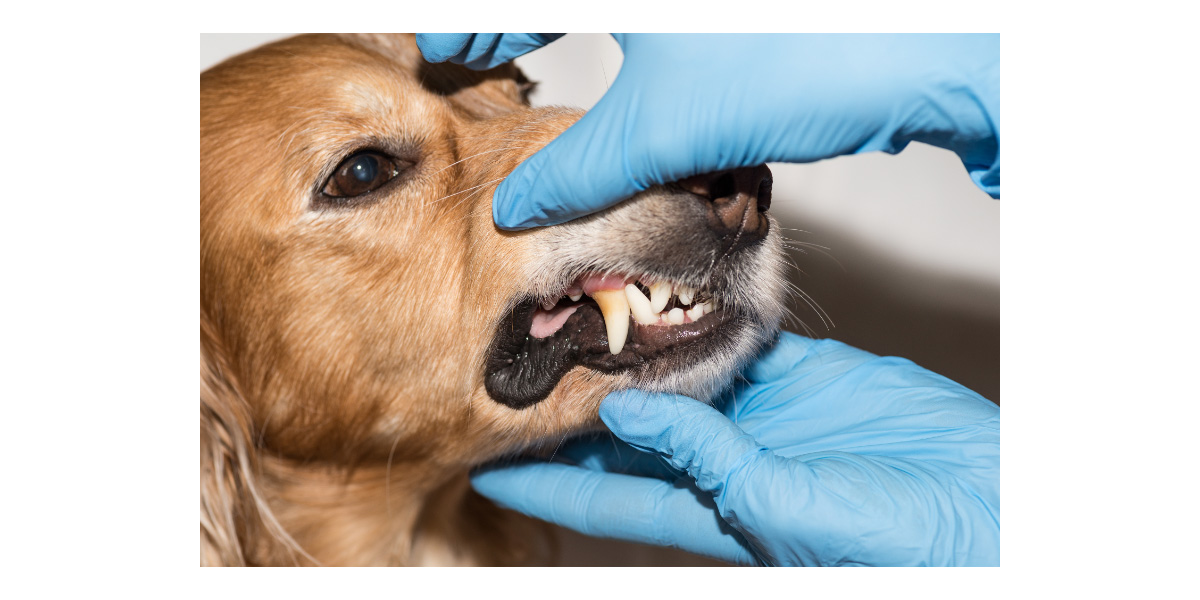Top 5 Signs Your Pet Has a Dental Health Problem
Doctor of Veterinary Medicine

While efforts are made to answer all questions as quickly as possible, if an immediate answer is required or if your pet is in need of urgent or emergency care, contact your pet's veterinarian immediately.
Doctor of Veterinary Medicine

You will receive an answer from Dr. Lindsay and our vet/tech team as soon as possible, usually the same day.
All answers are provided for informational or educational purposes only, and are intended to be a supplement to, and not a substitute for, the expertise and professional judgment of your pet's veterinarian.
It may be necessary to consult your pet's veterinarian regarding the applicability of any opinions or recommendations with respect to your pet's symptoms or medical condition.
CloseDoctor of Veterinary Medicine

An error has occurred, please reload the page and try again.
CloseWhile efforts are made to answer all questions as quickly as possible, if an immediate answer is required or if your pet is in need of urgent or emergency care, contact your pet's veterinarian immediately.
There is no answer related to your question

Periodontal disease is an epidemic condition in dogs and cats, affecting to some degree almost 90% of adult pets. Not only does dental disease lead to painful mouths and tooth loss, but left untreated, periodontal disease increases the risk for chronic infections in the mouth, potentially spreading to other areas of the body, including the liver, lungs, kidneys and heart.
Because of these increased disease risks in our animal companions, There is nothing more important for long term pet health and comfort, than for animal guardians to be regularly and actively involved in their pets' preventative dental health care.
It is therefore extremely imperative that guardians be aware of the top 5 clinical signs of dangerous dental problems in dogs and cats.
These top clinical symptoms observed by pet owners include:
- Bad breath
- Red, swollen or bleeding gums
- Increased drooling
- The buildup of yellowish brown plaque like deposits and tartar on the teeth
- Reluctance or difficulty in eating, from having pain on chewing food, along with subsequent weight loss
Sometimes an infected tooth can lead to sudden swelling on one side of the pet's face. With our feline friends we are seeing epidemic immune-mediated inflammation of the gums and oral cavity known as feline gingivitis/stomatitis, which can often be very difficult to treat.
Many times when these symptoms are present, dental X-rays and an initial ultrasonic dental scaling done under anesthesia are needed to be done by your veterinarian to address such pathology of the teeth and gums. Systemic antibiotics, as well as dental extractions may be needed. However, if pet owners start with oral dental home care when animals are puppies or kittens, or after an ultrasonic scaling, they can indeed help tremendously in a preventative capacity to avoid some of these future health problems.
Keeping pets healthy with regular teeth brushing is probably the most important measure to reduce the risk of oral disease. C.E.T enzymatic toothpaste, which contains two enzymes that not only prevent plaque buildup, can also sometimes digest the plaque right off a pet's teeth when brushed regularly and applied by the animal guardian.
For those pets that experience difficulty during brushing, using dental water additives and rinses such as Be Fresh Dental Care Solution, C.E.T. Oral Rinse, and C.E.T. Aquadent may help soothe gum inflammation, freshen breath, and kill harmful bacteria involved in plaque buildup and progressive periodontal disease.
There is also the option of using pet dental chews and treats, which also can help with breaking down plaque and tartar involved in bad breath. Two excellent chews are Greenies Dental Chews, and C.E.T. Oral Hygiene Chews. For holistic oriented clients, feeding dogs raw (NOT cooked) marrow bones, beef backs, chicken backs, as well as feeding cats raw chicken wings can make a remarkable difference in the health of the teeth and gums. Although many veterinarians are vehemently against giving raw bones for fear of E-coli or Salmonella exposure, salmonella has actually been a part of normal cat's digestive tract flora in many cases, and causes little problem in most pets, unless they are immune suppressed and/or on immune suppressive therapy.
 Swipe
Swipe


































